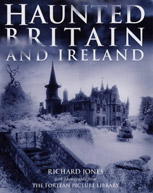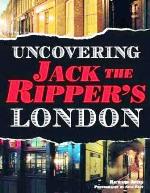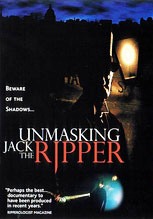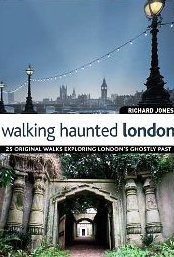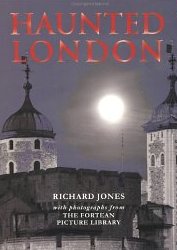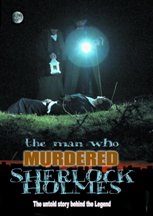WILLIAM RUFUS'S ANNUAL RETURN

The Rufus Stone
Photo By John Mason, The Haunted Realm
The Rufus Stone, Nr Minstead Hampshire
The New Forest was a favourite hunting ground with William the Conqueror whose treasury was at nearby Winchester.
It encompasses 90,000 acres of peaceful forest, heaths that glint golden with gorse or turn purple with heather, depending on the season; deep ponds; stretches of bog; and delightful clearings in which graze the famed New Forest ponies.
In one such clearing near Minstead stands the Rufus Stone marking the site where William Rufus, the second son of William the Conqueror, met his untimely death.
Crowned William 11 in 1087 he was not particularly popular with his nobles who, within twelve months of his accession, had begun a revolt intended to secure the throne of England for his elder brother, Robert.
Offering a relaxation of the hated Forest Laws and an end to the crippling and unpopular taxations that the Conquest had foisted on them, Rufus appealed to his English subjects to support him.
With their help, he was able to see off the threat and then promptly went back on his word once the danger had passed.
On August 2nd 1100 William joined a hunting party in the New Forest and, at some stage found himself alone with Sir Walter Tyrrell.
According to the inscription upon the stone an arrow fired by Tyrrell at a stag, glanced off an oak tree and struck Rufus "on the breast of which he instantly died."
Whether or not the killing was accidental or deliberate is one of histories most abiding mysteries.
Tyrrell - perhaps wisely - fled abroad, pausing, it is said, to wash the blood from his hands at a pond in nearby Castle Malwood which subsequently was said to turn crimson each year on the anniversary!
William’s younger brother Henry headed for Winchester to seize the treasury and have himself proclaimed King, whilst the other members of the hunting party made haste to secure their own estates under the new regime.
Meanwhile the Kings lifeless body was placed onto the cart of a charcoal burner named Purkiss and transported to Winchester for burial.
As the cart bounced and jolted over the rough forest paths it is said to have left in its wake a trail of blood which the ghost of Rufus returns to follow each year on the anniversary of his sudden demise.

